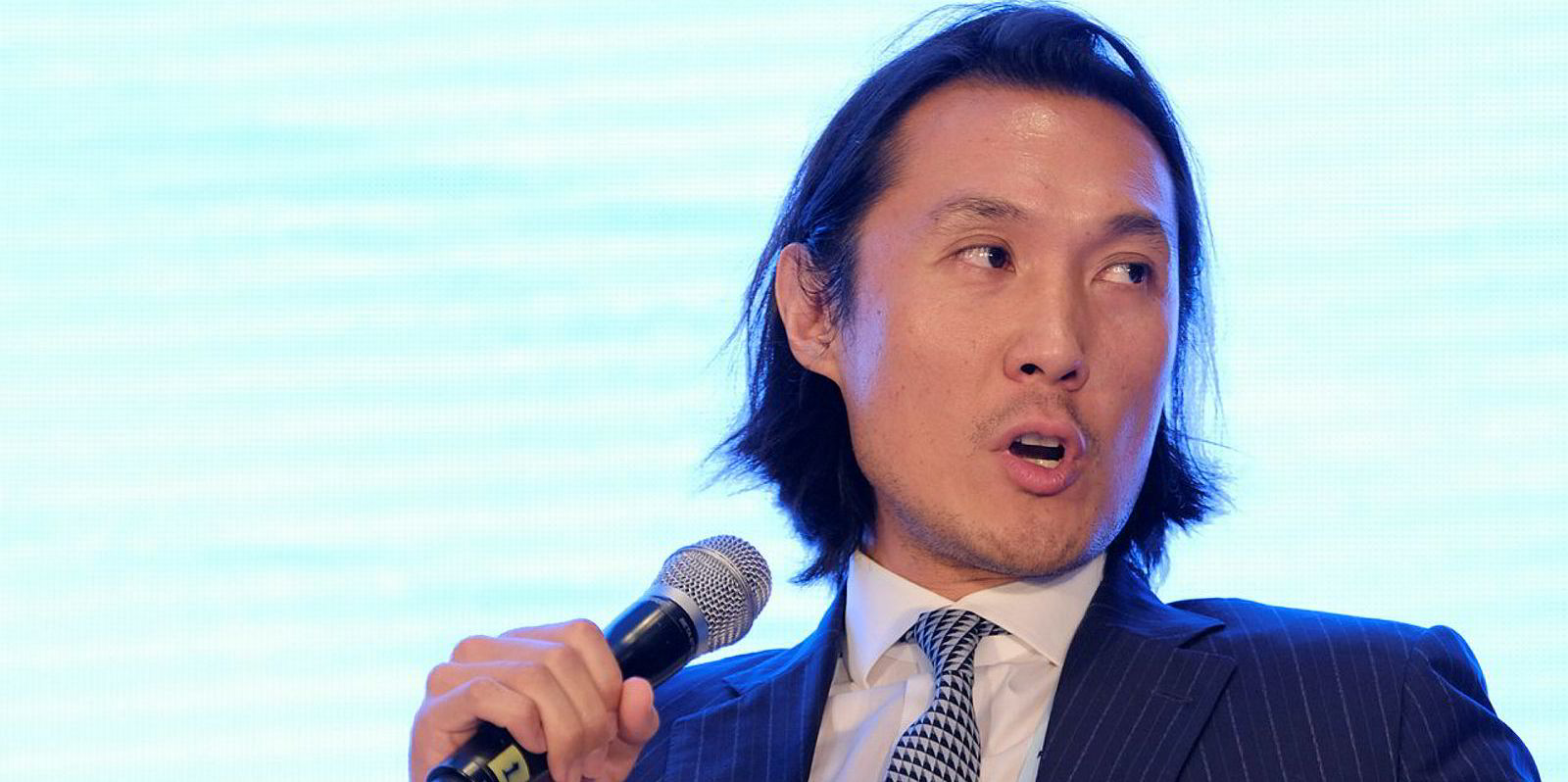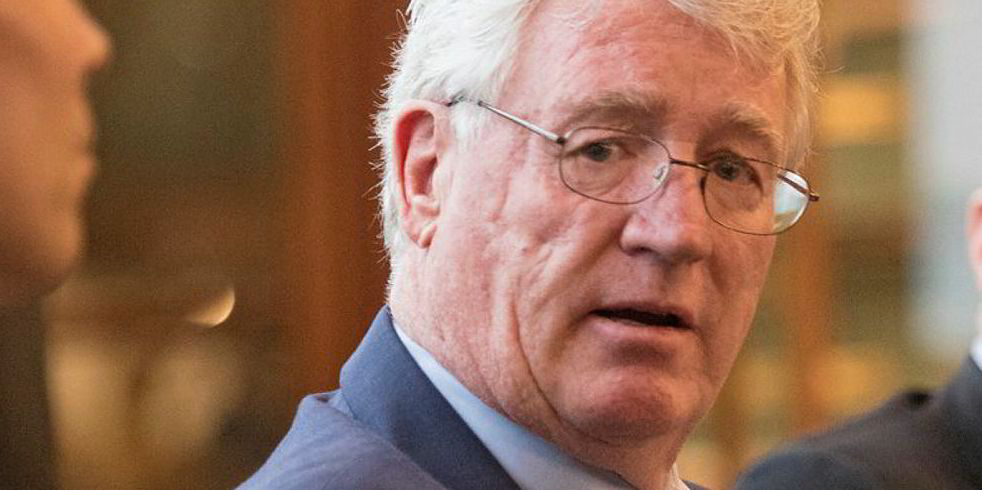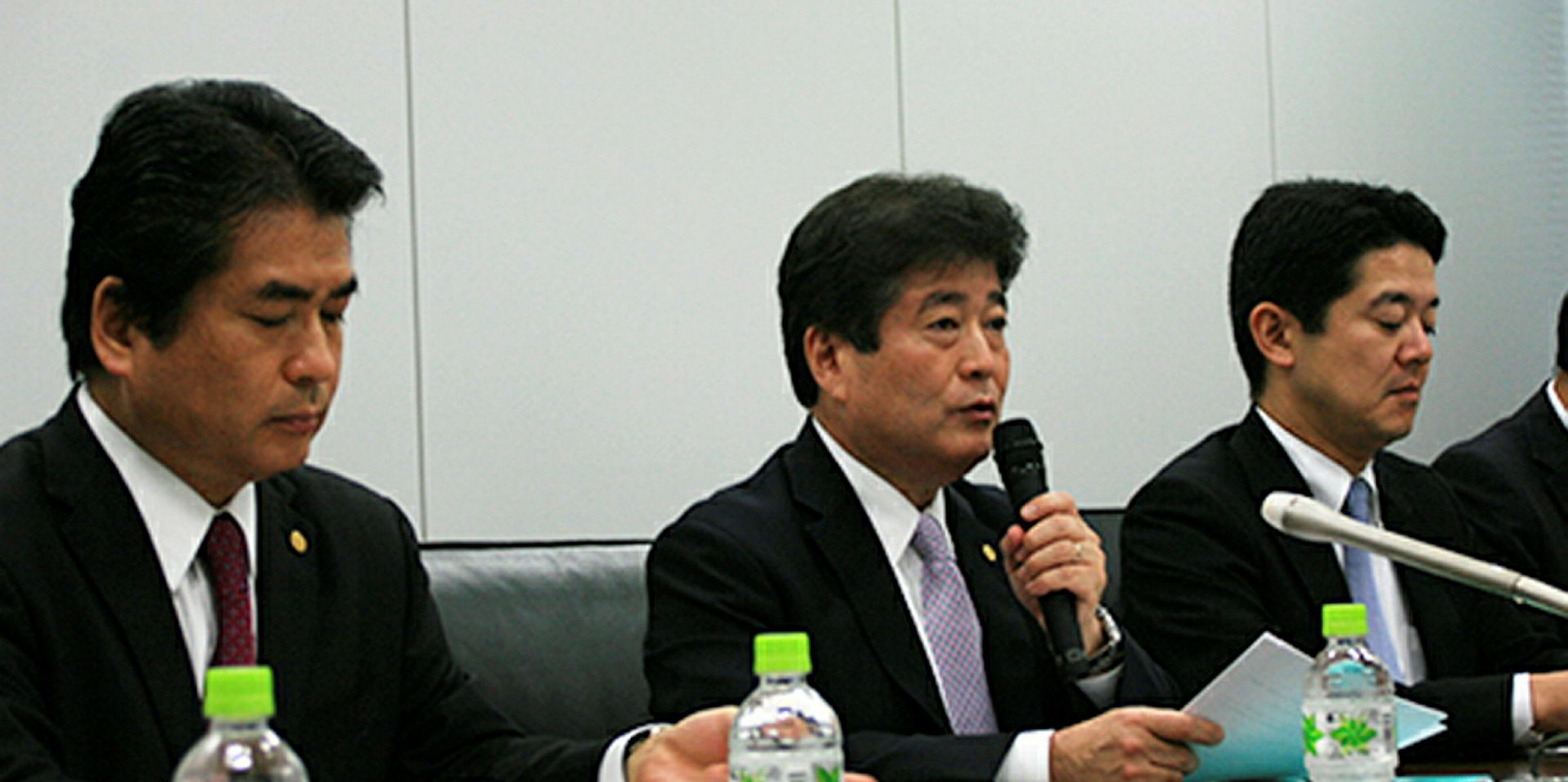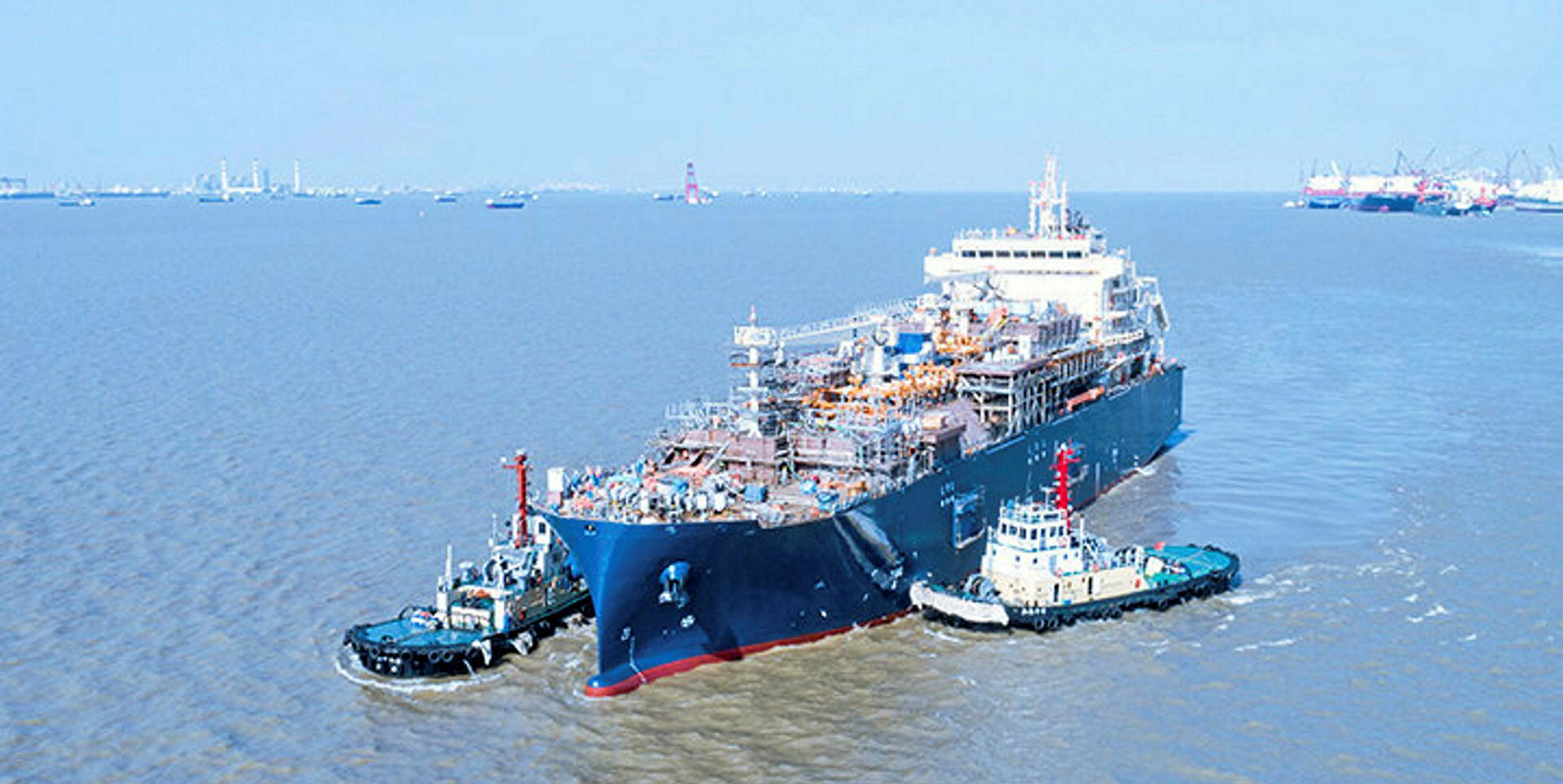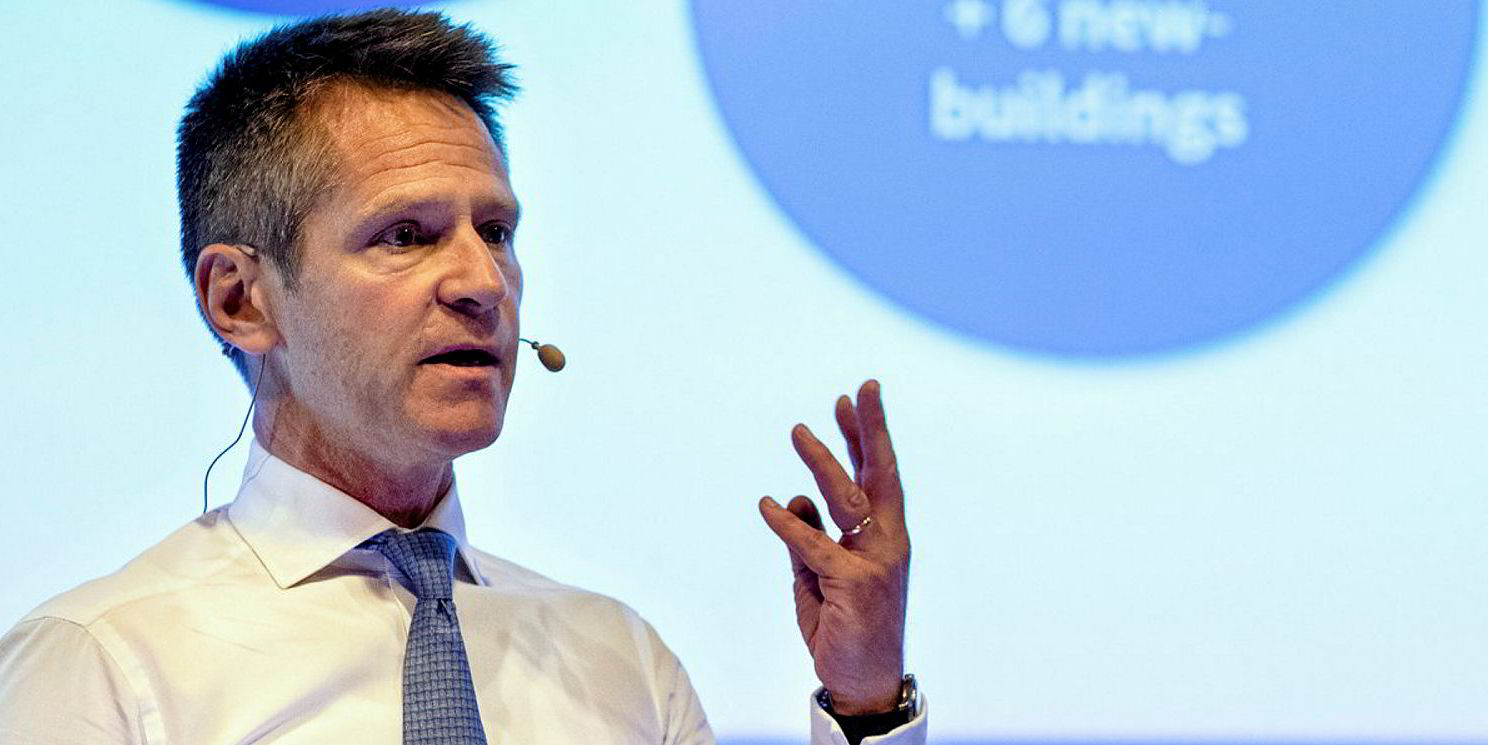Prominent Chinese players have shed more light how severe yard delays in China are during the coronavirus pandemic.
In a Capital Link online forum held on Tuesday, executives of Wah Kwong Maritime Transport and CSSC (Hong Kong) Shipping suggested delays for newbuilding deliveries are about six weeks now and for scrubber installations 60 days at state yards.
The estimates do not seem to take into account delays caused by travel restrictions imposed on owners and third-party surveyors. Private yards are believed to be facing more severe delays as they receive less support from the government.
“From our own experience, generally delays with state shipyards in China tend to be between four to eight weeks, with six weeks being about the mean,” Wah Kwong chairman Hing Chao said.
The Hong Kong-based company’s shipowning arm has six vessels under construction and shipmanagement unit has 21 newbuildings at various yards in China for delivery from this year onwards.
One scrubber-fitted kamsarmax bulker due for delivery on Wednesday “has been delayed exactly for six weeks”, Chao added.
“We are also due to take delivery of ships in 2021 and 2022. As far as we know, there are no delays for ships from next year onwards.”
Bao Weidong, deputy general manager of CSSC Shipping, largely agreed with the assessments.
“Delays of newbuilding ships could be controlled to one or two months. For the ships delivered [from] next year, there will be no delays,” said Bao, whose company’s parent is state-owned yard giant China State Shipbuilding Corp (CSSC).
Scrubber boom is over
In early February, China Association of the National Shipbuilding Industry estimated more than 200 vessels in China were facing potential delays in their repair, retrofit or maintenance works due to the outbreak.
Delays for scrubber installations at yards controlled by CSSC, China Merchants Group and China Cosco Shipping – the three largest Chinese maritime conglomerates owned by the state – now last for as many as 60 days, according to Bao.
“The later the delivery, the less investment return for shipowners,” Bao said.
While CSSC owns a scrubber manufacturing business itself, Bao shared the view among some shipping players that the investment case for exhaust gas cleaning technology is now highly questionable.
Not taking the Covid-19-related delays into account, scrubber economics have already been weakened by a narrow price spread between high-sulphur fuel oil and IMO 2020-complient fuels, longer-than-expected retrofitting process, and maturing LNG propulsion technology, according to some.
“The booming of scrubber installations through retrofit or newbuilding [projects] will be over very soon,” Bao said.
Impact of containment measures
China, where the Covid-19 was first reported at end-2019, was the first country to impose lockdown measures.
Domestic travel restrictions have gradually been lifted since February, with Chao estimating Chinese yards are currently running at 85% of their capacity. Bao said 90% of the labour force at CSSC are back to work.
However, with the number of new patients spiking outside of China, the country has closed its border to most foreign travellers since last Saturday.
Chao acknowledged that his company is likely faring better than others in terms of inspections of newbuilding and drydocking activity, with a team of superintendents permanently based in China.
“It has been very, very helpful to have our own team of people [there],” Chao said. “Recently, we have been asked by one of our partners in Europe to assist them with drydocking in China because they're simply unable to send their superintendent over.”
In general, CSSC and its clients are willing to recognise all the delays as unforeseeable incidents that prevent newbuilding contracts from being fulfilled, according to Bao.
“We have talked with the shipowners very smoothly in negotiations for the new agreements for the delivery of the ships. Most shipowners have cooperated with our shipyards very well,” Bao said.
“We all think this virus is really a force majeure event.”
